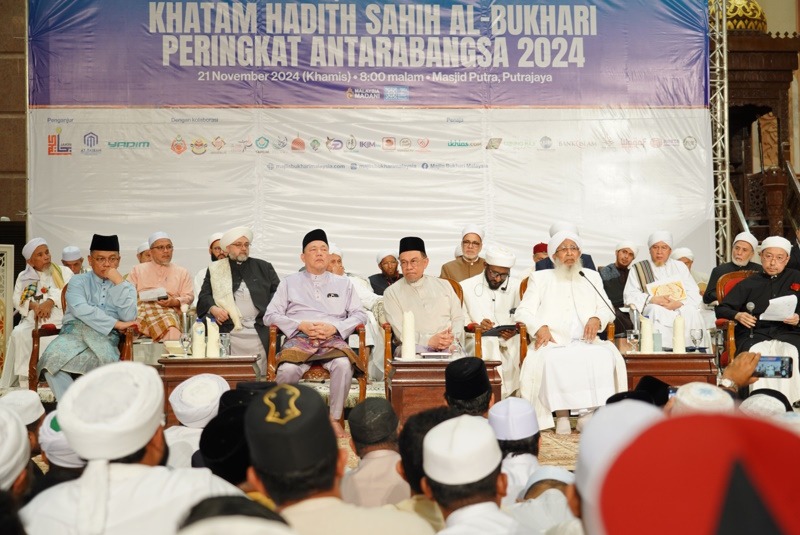 Legislative Council of New South Wales (NSW) in Australia, which is a part of NSW Parliament, has turned down requests to have Hindu opening-prayer in an upcoming session.
Legislative Council of New South Wales (NSW) in Australia, which is a part of NSW Parliament, has turned down requests to have Hindu opening-prayer in an upcoming session.
The President of NSW Legislative Council, on taking Chair each day, reads the prayers, which include Lord’s Prayer, a well-known prayer in Christianity.
Adherents of minority religions and non-believers, who had made a lot of contributions to NSW and Australia and continued to do so and paid their share of the taxes, thus felt left out by this monopoly on prayer. Not allowing prayers of minority religions in the NSW Legislative Council seemed like efforts at belittling these faiths under government patronage; Zed, who is President of Universal Society of Hinduism, pointed out in a statement today.
Democratic governments should not be in the business of promoting one religion and excluding others and non-believers and thus infringing upon the human rights of minority religions and non-believers; Rajan Zed, who has opened both the United States Senate and US House of Representatives in Washington DC with Hindu prayers, emphasized.
Zed further said that Standing Rules and Orders handling the prayer in the NSW Legislative Council needed to be urgently changed as we were well into the 21st century and NSW was much more religiously diverse now.
Rajan Zed suggested that it was time for the NSW Legislative Council to move to multi-faith opening prayers. Since NSW Legislative Council represented every New South Welshman irrespective of religion/denomination/non-
Zed was of the view that the existence of different religions was an evident symbol of God’s generosity and munificence. NSW Legislative Council should quest for a unity that hailed diversity.
Hinduism, oldest and third largest religion of the world, has about 1.2 billion adherents and moksh (liberation) is its ultimate goal.
Democratically elected NSW Legislative Council, the Upper House of the NSW Parliament established in 1823, is said to be the first and oldest legislative body in Australia. In addition to its legislative work, the Council also scrutinizes the Government. Based in Sydney, it reportedly has 42 members.




